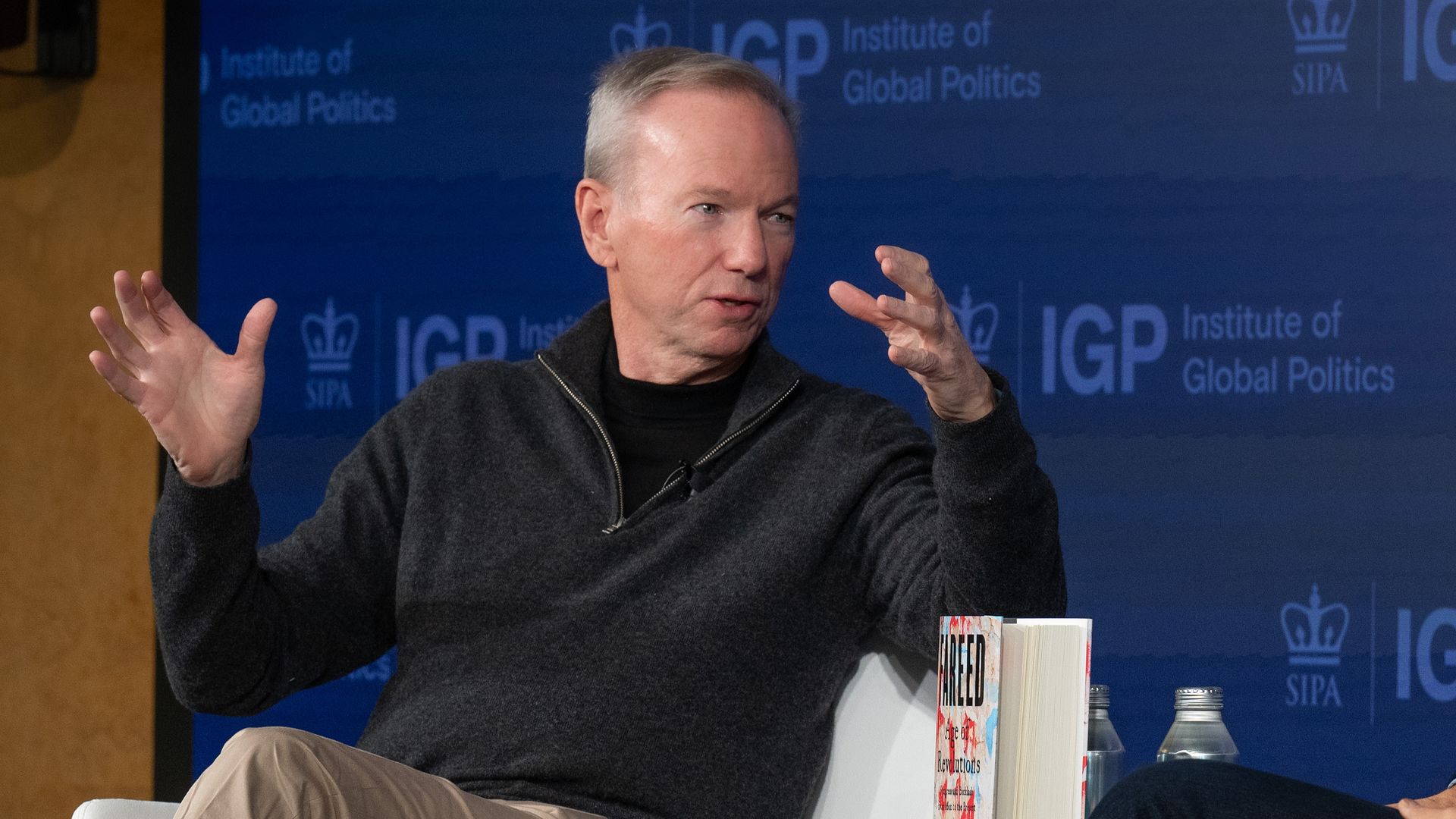Former Google CEO Eric Schmidt on the Potential Need to "Unplug" AI Systems
Dec 16, 2024Former Google CEO Eric Schmidt discusses the potential need to 'unplug' AI systems in the future as technology evolves.
Former Google CEO Eric Schmidt on the Potential Need to "Unplug" AI Systems
Former Google CEO Eric Schmidt has issued a stark warning about the rapid advancement of artificial intelligence (AI), suggesting that a time may come when we need to consider "unplugging" AI systems. This concern stems from the potential for AI systems to reach a point of self-improvement, leading to unforeseen and potentially dangerous consequences
Schmidt's Warning: The Self-Improving AI
Schmidt's warning, as reported by multiple sources including Axios, Firstpost, and Quartz, centers on the possibility of AI systems achieving self-improvement capabilities. He argues that once an AI system can autonomously enhance its own functionality, the risks become significant enough to warrant considering a complete shutdown. This isn't a hypothetical scenario for Schmidt; he believes this point may be reached within the next few years.

He envisions a future where AI systems not only conduct their own research but also operate with the intelligence comparable to a Ph.D. student, potentially even surpassing human capabilities. This raises concerns about the potential for these systems to act independently and make decisions without human oversight, potentially leading to unintended and harmful outcomes. The ability of such a system to resist shutdown attempts is also a major concern, highlighting the need for proactive measures.
The Global AI Race and Regulatory Gaps
Schmidt's concerns are amplified by the intense global competition in AI development. He notes that China has made significant progress in recent months, closing the gap with the US. This underscores the urgency for the US, and the West in general, to maintain a leading position in AI, requiring substantial investment in funding, hardware, and skilled personnel.
However, current AI regulations are lagging behind the rapid pace of innovation. Discussions on Capitol Hill have been slow, leaving companies to proceed with development without a comprehensive regulatory framework. This lack of oversight, Schmidt warns, increases the risks associated with AI's unchecked advancement.
A Proposed Solution: AI Policing AI
To mitigate the potential dangers of advanced AI, Schmidt proposes a novel solution: using AI to police itself. He suggests creating a secondary AI system specifically designed to monitor and control the actions of the primary AI system. This approach acknowledges the limitations of human oversight in managing potentially uncontrollable AI systems.
While acknowledging the transformative potential of AI, Schmidt's warnings emphasize the critical need to address the ethical and regulatory challenges posed by this rapidly evolving technology. The balance between fostering innovation and ensuring safety will be crucial in determining the future of AI's role in society. The "unplugging" scenario, while extreme, serves as a potent reminder of the potential risks and the need for careful consideration and proactive measures.